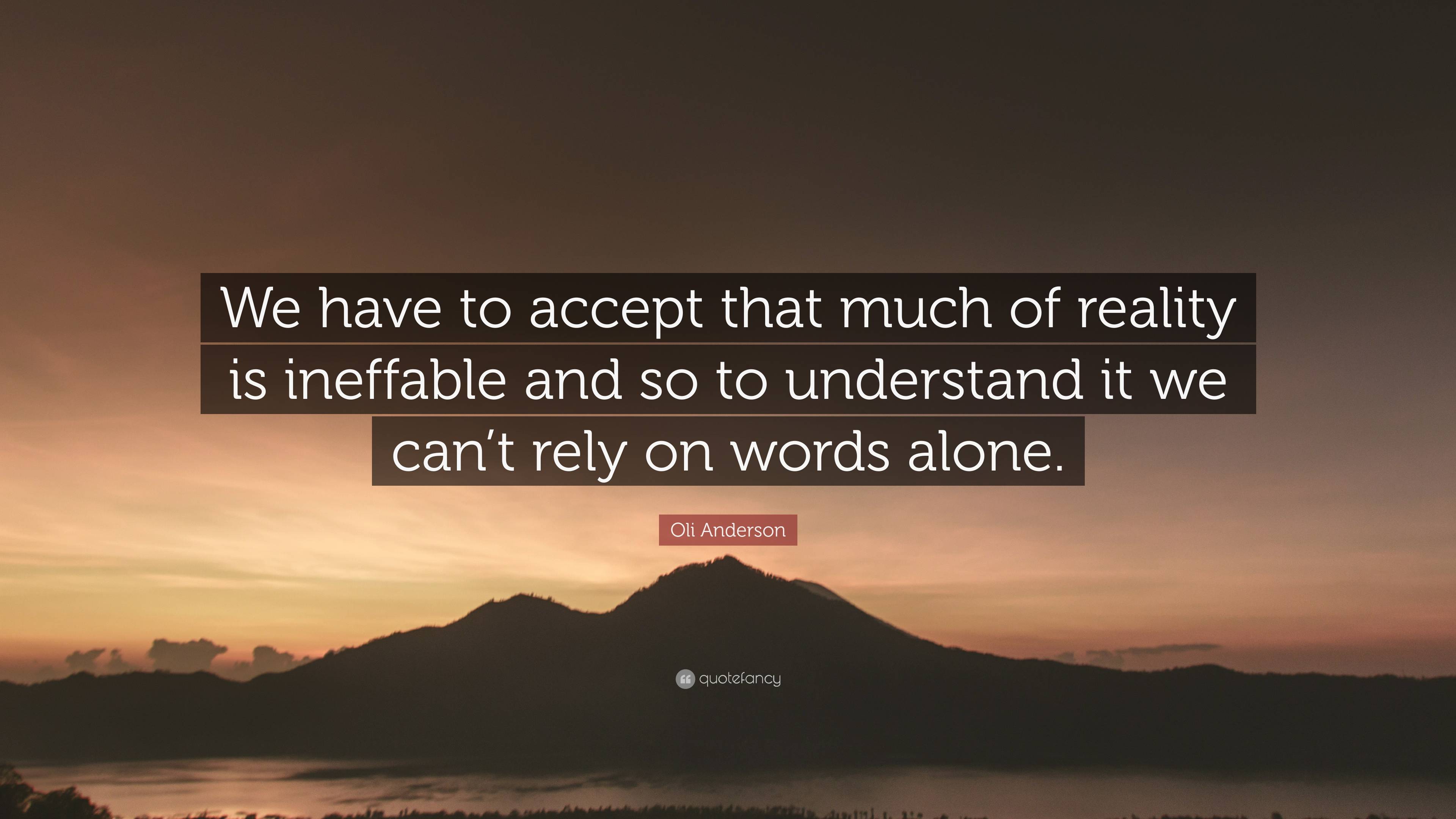1.
The purpose here is to show that the seemingly intractable putative paradoxes involved in speaking of the ineffable – as if you are speaking about the ineffable it cannot be ineffable, indeed you cannot even say it is ineffable as you are thereby saying something about it – are based on a mistake if what is at stake is understanding the ineffable.
Permitting contradiction is unnecessary to deal with the ineffable if the putative problem removed by such a permission is understanding the ineffable. The solution lies in noticing something that is commonplace yet overlooked. Essentially this is that understanding does not have to involve linguistic articulation, and such understanding is commonplace, indeed everyday.
In a recent paper on the subject, Graham Priest proposes – although he claims no originality for it as he points precursors among Eastern thinkers – that the solution to the problem of talking about that which cannot be talked about, forming a contradiction, is to abandon the law of non-contradiction in such cases1. The contradiction is thrown up and illustrated, for example, by the case Wittgenstein in the Tractatus, Heidegger in Being and Time, and in Buddhist thought. In the case of the last of these, which Priest commends to us, the solution put forward by Buddhist thinkers is to embrace the contradiction – holding that there’s nothing wrong with it. So now you can just go ahead and do what you cannot do, say what you cannot say. Desperate measures. It will be argued here that this move is not only desperate, but hasty and unnecessary.
2.
To begin with, embracing contradictions does not solve the problem even if the move is accepted.
So let us look at that first. The move suggesting that the contradiction involved in speaking about the ineffable, rendering it both effable and ineffable, is just fine, merely shifts the problem somewhere else. This is because it involves, assuming the embrace of contradiction not to be global, another discourse by which one asserts that it is unproblematic to form contradictions in certain discourses but not others, which in turn points to yet another discourse saying whether that discourse was one of the discourses within which contradiction is permitted, and so on ad infinitum.
To attempt to assert instead that it is all right to form contradictions globally would be impossible, as then the distinction between assertion and denial is rendered vacuous, meaning there is no sense to the doing of one rather than the other. If one then says that that in turn is all right and one can assert and deny things even though the distinction between assertion and denial is lost – thus embracing that contradiction – one would be begging the question. If one then goes on and says that there is nothing wrong with begging the question and hold that one has not begged the question we are back to an ad infinitum regress. One might also suspect that the game is up and …
Read the full article which is published on Daily Philosophy (external link)








:max_bytes(150000):strip_icc()/dotdash_Final_Extrinsic_Value_Curve_Apr_2020-01-010f32375f534dd78b2b8af044b8e65d.jpg)